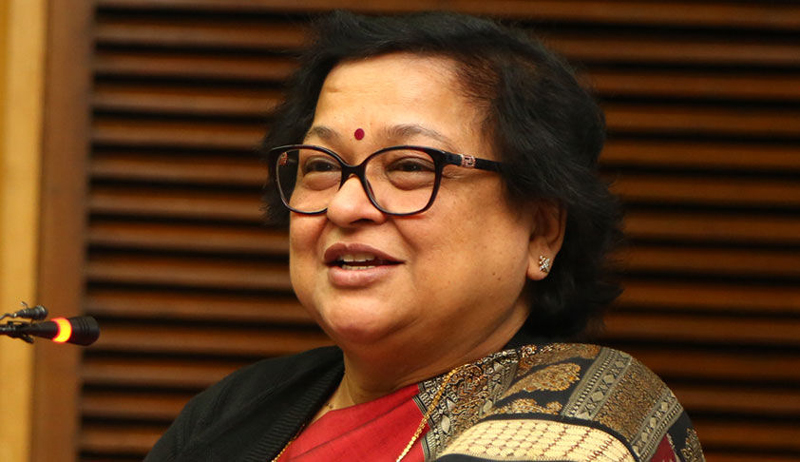Excelsior Correspondent
JAMMU, May 13: Chief Justice of High Court of Jammu and Kashmir, Gita Mittal has written to Dr Jitendra Singh, Union Minister of State seeking establishment of Administrative Tribunal with multiple benches having permanent seats both at Jammu as well as Srinagar.
While showing her deep concern regarding lack of required number of Benches with permanent seats in Jammu and Kashmir, Chief Justice has apprised the Minister that with the enforcement of J&K Re-organization Act, 2019 notified vide SO 2889 (E) dated 9th of August 2019 and issuance of notification dated 29th of April 2020 bearing no 208, some 31,641 pending service matters have to be transferred from both the wings of the High Court of Jammu and Kashmir to the Administrative Tribunals and in absence of any infrastructure or registry for operationalising the functioning of the Tribunal in J&K and only a single circuit bench of the Chandigarh Bench of the Tribunal would be hopelessly insufficient to provide efficacious dispensation to the disputants in service matters in the UT of J&K as well as in Ladakh.
In the letter, the Chief Justice has brought to the knowledge of the Minister the fact that pendency of the service matters before either the Jammu or the Srinagar Wing of the High Court J&K is more than the pendency before the Principal Bench at Delhi and way more than that before the Administrative Tribunals at Allahabad, Chennai, Hyderabad, Kolkata, Jabalpur and amongst others; even for the States having extremely low pendency, separate Tribunals have been created.
Even the area of Union Territories of J&K and Ladakh is more than the area of other UTs of the country and is equivalent, if not greater than, to other states. The number of Government employees in UT of J&K is also more than some of the larger States and hence in absence of an Administrative Tribunal with multiple Benches having permanent seats both at Jammu as well as Srinagar, the fundamental right of access to justice as also the legitimate expectation of efficacious and expeditious remedies for dispute would be adversely impacted.


